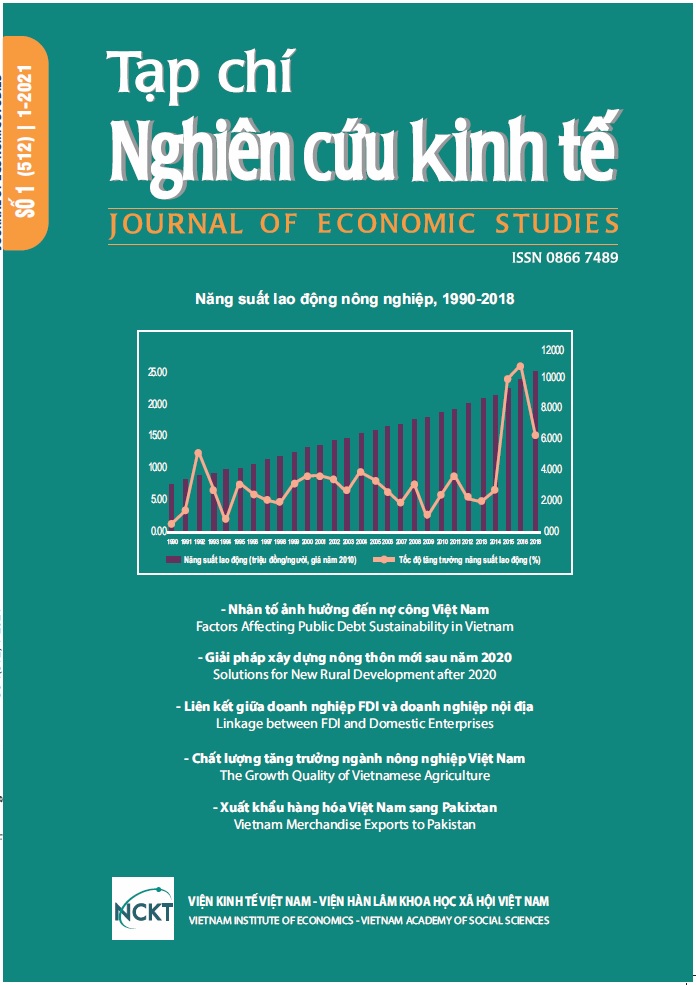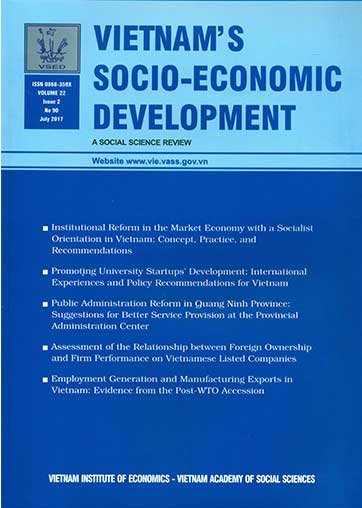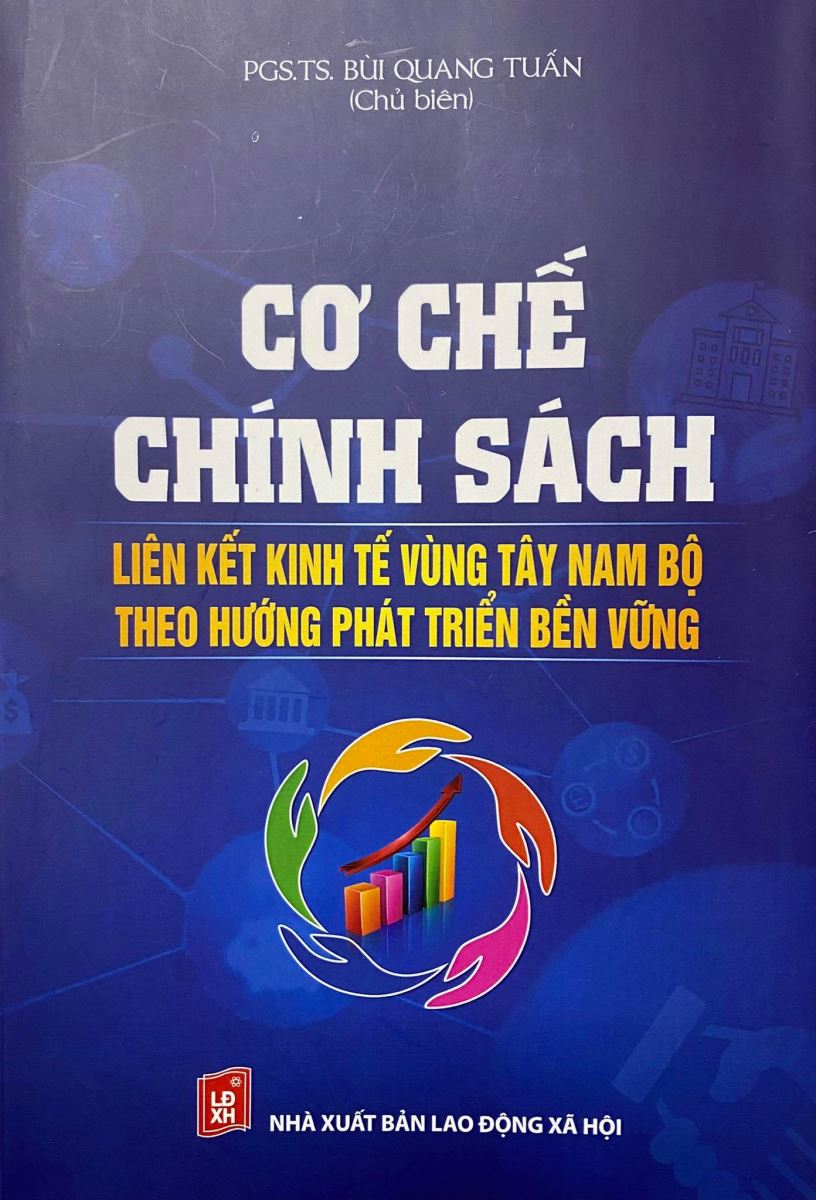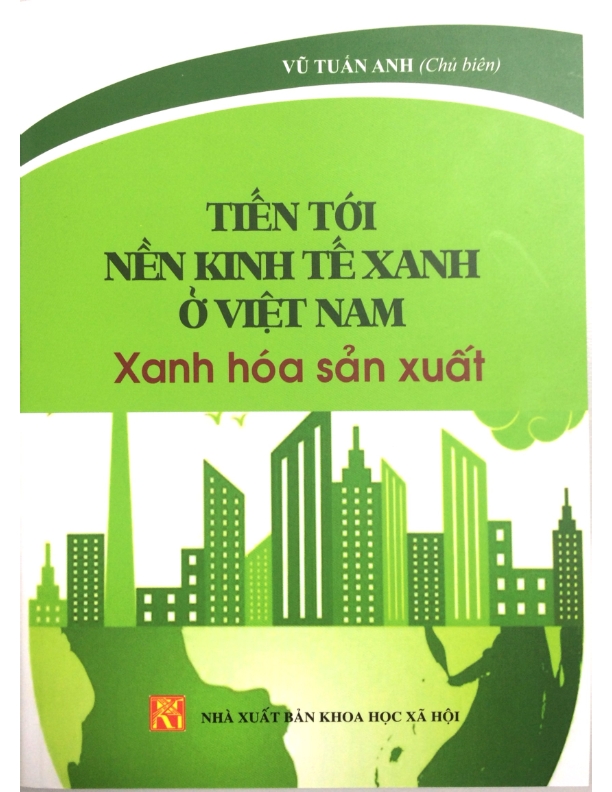Scientific Conference on “The Relationship Between Globalization and the World Order to 2030, with a Vision to 2045”
3/28/2025 1:44:54 PM
Opening Remarks
In his opening speech, PhD. Pham Anh Tuan, Vice Director of the Vietnam Institute of Economics, emphasized the intertwined relationship between globalization (GL) — the intensification of global economic, social, cultural, and political interactions — and the world order (WO), which reflects the power dynamics among nations. PhD. Tuan noted that while globalization flourishes under a stable world order, significant shifts in the global power structure often bring instability. The conference aimed to explore these interactions from theoretical and practical perspectives, examining their impact on Vietnam and projecting future developments.
Key Discussions and Insights
- PhD. Vu Hoang Linh summarized four prevailing views on the relationship between globalization and the world order:
- Globalization fosters a more balanced and cooperative international order.
- Globalization’s impact on the world order is limited due to the continued dominance of national production, trade, and investment.
- Globalization creates imbalances in the world order.
- Globalization influences the world order through regionalization and disparities across regions.
- Assoc. Prof. PhD. Pham Thai Quoc analyzed the reciprocal relationship between globalization and the world order, highlighting how globalization enables the free flow of resources, technology, and investments. However, unequal access to opportunities leads to power shifts, with emerging economies like China and India challenging traditional global powers. This intensifies competition, slows globalization, and reshapes the world order, as evidenced by trends from 2022–2024.
- PhD. Pham Bich Ngoc examined globalization after the Cold War, emphasizing the transformative impact of the Fourth Industrial Revolution. Technological advancements have enhanced productivity, global connectivity, and interdependence. She outlined five major post-Cold War trends in the world order:
- A transition from unipolarity, dominated by the U.S., to multipolarity with multiple influential powers.
- A shift towards economic priorities in international relations, replacing arms races with comprehensive national power competitions.
- The rise of emerging economies in the Global South as key global players.
- Persistent regional conflicts and threats to peace despite reduced global warfare risks.
- Increasing influence of transnational corporations (TNCs) in global development.
- PhD. Nguyen Binh Giang, Editor-in-Chief of Economic Research Journal, discussed Vietnam’s cautious but steady approach to financial integration. By ensuring financial security while participating in global financial transactions, Vietnam has safeguarded its economy against global financial crises.
Panel Discussions
Prominent experts, including Assoc. Prof. PhD. Vo Dai Luoc, PhD. Vo Tri Thanh, Assoc. Prof. PhD. Nguyen Anh Tuan, and Assoc. Prof. PhD. Le Xuan Ba, delved into how globalization and world order dynamics would shape the world to 2030 and beyond. They also assessed the implications for Vietnam, offering recommendations for adapting to these changes.
Conclusion
In his concluding remarks, PhD. Pham Anh Tuan expressed gratitude to the participants and noted that the insights shared would contribute to refining the program's objectives, addressing fundamental theoretical issues, and identifying key areas for improvement. The conference successfully concluded with a commitment to advancing Vietnam's integration and development in the evolving global landscape.
Other news
- National Conference on Developing Vietnam’s Green Financial Market: Challenges, Urgent Issues, and Breakthrough Solutions (3/28/2025 1:47:48 PM)
- Scientific Forum on “Implementing a Circular Economy in Vietnam Under New Conditions” (3/28/2025 1:46:59 PM)
- Scientific Conference on “Ha Tinh's Green Transformation and Growth for Sustainable, Prosperous, and Secure Development in the New Context” (3/28/2025 1:46:24 PM)
- Scientific Conference on “Promoting Green Energy Development: Current Status and Solutions” (3/28/2025 1:45:31 PM)
- Scientific Conference: “Vietnam’s Energy Transition: Shaping the Green Economy Trend” (3/28/2025 1:44:02 PM)
- Scientific Conference: “Building and Protecting Vietnamese Brands in Global Economic Integration” (3/28/2025 1:43:20 PM)
- Scientific Conference: “Vietnam’s Energy Transition: Shaping a Green Future” (3/28/2025 1:42:23 PM)
- International conference "Vietnam-Laos Friendship Relations: Promoting bilateral cooperation, sharing experiences in stabilizing the macroeconomy and restoring growth" (3/28/2025 1:34:07 PM)
- Vietnam Green Growth Forum 2023 (3/28/2025 1:32:55 PM)
.jpg)



